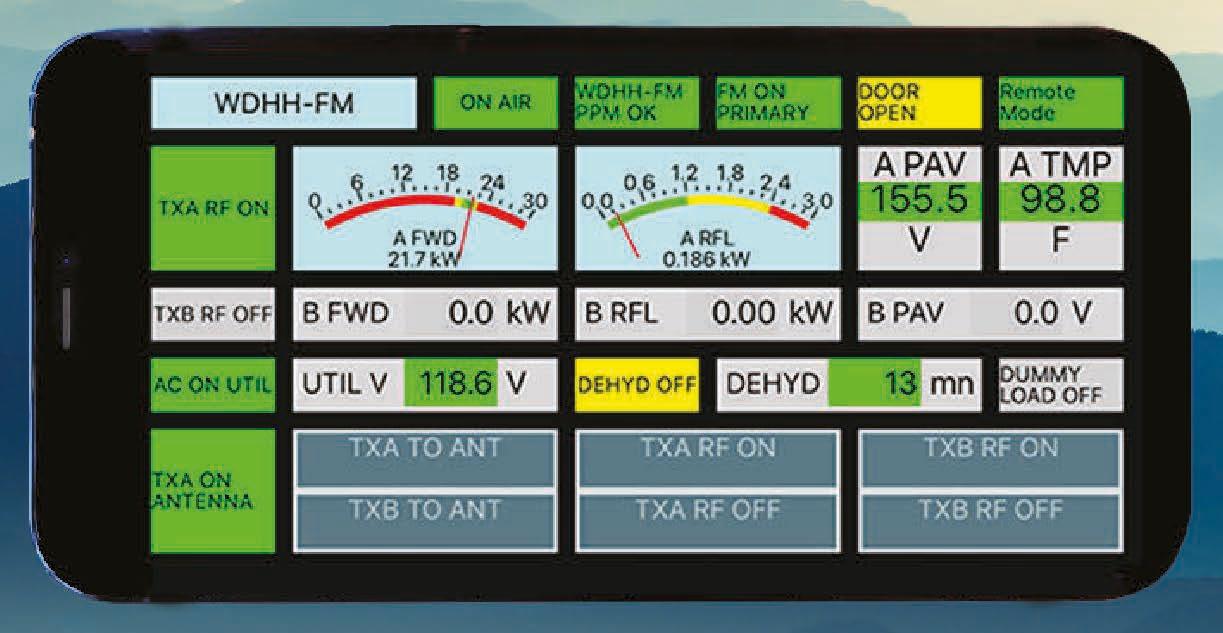
2 minute read
Newswatch
FCC Adopts Alerting Rule Changes
The commission in June adopted changes to its rules for emergency alerting that we told you about earlier.
For mobile phones, the FCC doesn’t want people to opt out of receiving critical information, so it combined the “Presidential Alerts” category, which is non-optional on devices that receive Wireless Emergency Alerts, with alerts from the FEMA administrator to create a new nonoptional alert class called “National Alerts.”
On the EAS front, the commission is requiring State Emergency Communications Committees to meet at least annually and submit plans for FCC approval. Also it is encouraging states to review the composition and governance of their SECCs (or to form one, if it doesn’t exist).
The FCC plans to provide a checklist of information that should be included in annual state EAS plans, and will tighten up its process for reviewing those plans.
The order specifies that government agencies may report false emergency alerts to the FCC’s 24/7 Operations Center. And it clarifies how alert originators can repeat their alert transmissions.
The next national EAS test is scheduled for August.
NAB Reiterates Opposition to LP-250
Proponents can point to hundreds of comments in favor of raising the maximum power level for many LPFM stations to 250 watts. But the NAB continues to express strong opposition.
The FCC took comments on a proposal from REC Networks for an LP-250 class with an effective service contour of about 4-1/2 miles, in addition to the current LP-100 service. It also would set a maximum HAAT for new or modified LP-100 facilities of about 1,480 feet.
The commission modified its low-power FM rules in 2020 to allow for engineering improvements that improved reception of some LPFMs and opened up options for station relocation. At that time it rejected a bid to allow 250 watts, and a recent FCC decision affirmed that order.
REC Networks in the meantime submitted a fresh proposal that it believes resolves the FCC’s earlier concerns. The vast majority of filed comments favored an increase, citing the benefit to local communities.
However, NAB said it is similar to petitions that have already been rejected on technical and policy grounds. It says the idea would risk significant overcrowding of the congested FM band, cause increased interference and take LPFM beyond its original intention as a hyperlocal service.
Maintain control. Achieve peace of mind.


Get simultaneous access to all your sites over a single secure web link. Take control with easy touch-screen commands. Arcadia from Burk seamlessly integrates all your ARC Plus v5 and ARC Solo systems.
Learn how to put Arcadia to work in your network. Call us now for a free online demo.
GET THREE FREE
Get SNMP Plus, Jet TM Active Flowcharts and AutoPilot ® for free when you buy an ARC Plus Touch with RSI.
Offer extended through July 31, 2021.







